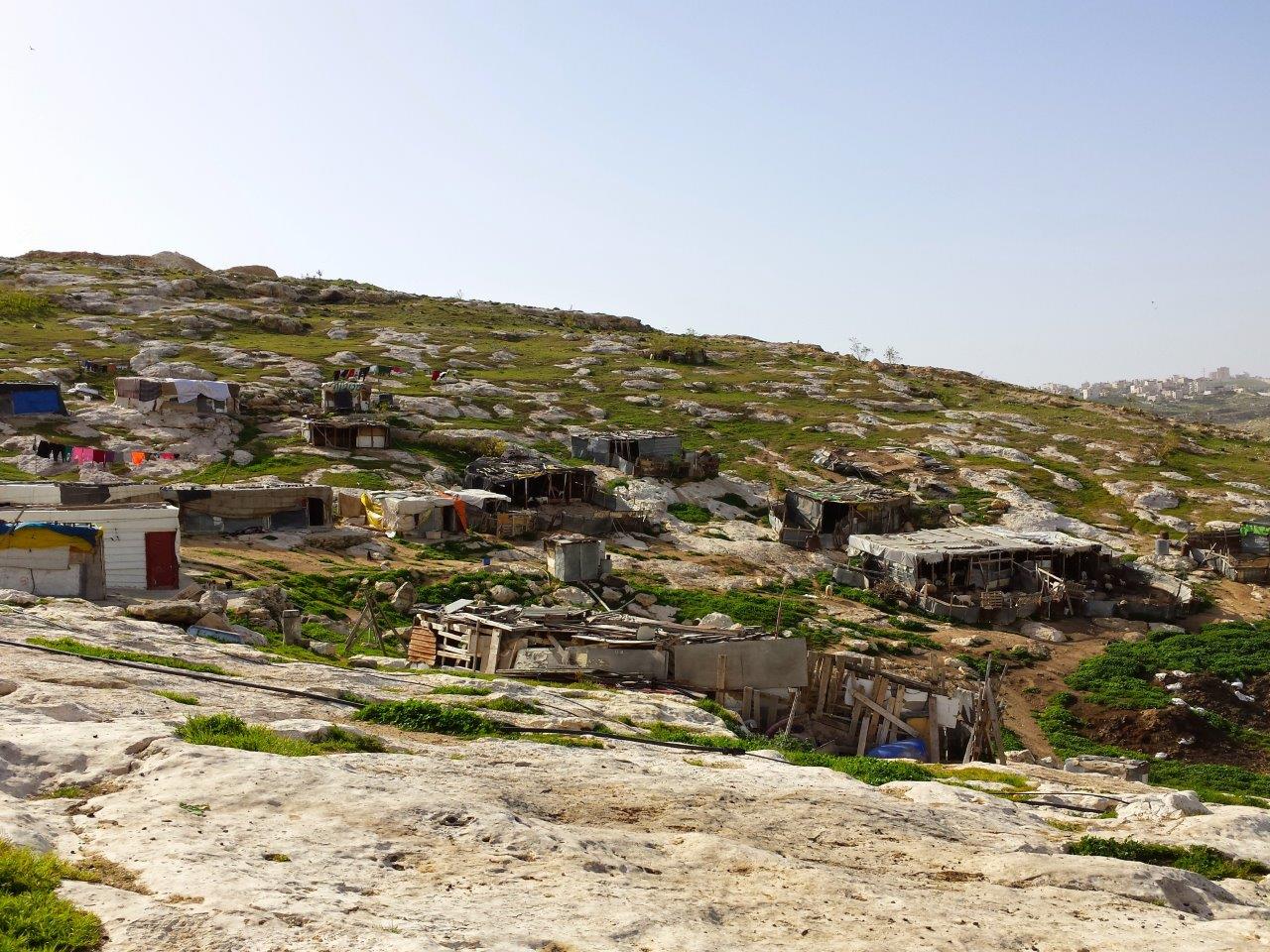
We can see the importance of individual differences by looking at our brothers. Bashar once remarked on the difference between him and one of his brothers: “He is Dutch; for him, everything needs to be exact” (Bashar Abu Sahra, personal communication April 15, 2011). Another brother of his, Abu Omar, obviously has a more gentle character than Bashar has. I met him frequently and he will be mentioned in this study further on. Likewise, some of my brothers are more sociable than I am, while others take fewer risks in life than I do. When examining personal and cultural characteristics, we need to take into account the interactive effects between the individual and the culture. Not only do some cultures enhance certain personal characteristics, but also characteristics could be viewed differently depending on the cultural context. Thus, it is doubtful whether Bashar’s “Dutch” brother, who in his culture is viewed as pedantic, would be perceived likewise in Dutch culture. As much as possible, I will try to emphasize in this study the cultural aspects, but obviously individual differences will play a role as well.
Furthermore, studies on culture may be performed by an outsider to the culture (the “outsider” position), or from within the culture (the “insider” position). Both perspectives have their advantages and disadvantages, and it may be valuable or even essential to make use of both (Jones, 2010; Maydell, 2010). In this study, it is somewhat difficult to differentiate between the two different perspectives. I did not come in to the Bedouin community in order to perform research and disappear, but have been actively involved from before my Doctoral studies and not just for the sake of research. My friend’s friends became my friends and I spend a large part of my leisure time with them. I thus had many opportunities to experience a rich variety of intercultural encounters. Even so, I did not grow up as a Bedouin and I will never be “one of them”. Therefore, it would be inappropriate to describe myself as either a complete “outsider” or an “insider”; I am somewhere in between, a situation that is expected to affect my findings (Breen, 2007; Rogoff, 2003; Tillmann-Healy, 2003). Bashar’s feedback on my findings will be a way to balance my views with insider information.







